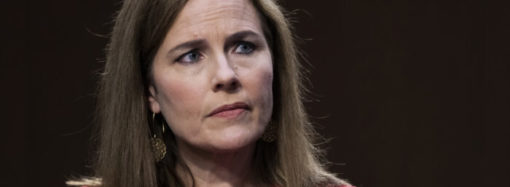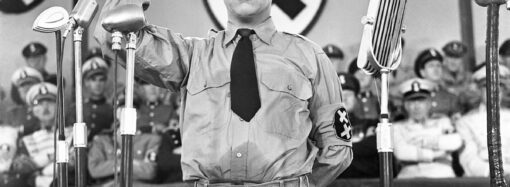A new piece for Education Next by June Kronholz profiles Virginia’s four Performance Learning Centers (PLCs) — blended learning environments that use online technology to help get struggling at-risk students to graduate high school (H/T Joanne Jacobs). The story is chocked full of interesting anecdotes and insights. This one caught my attention:
Students graduate when they earn the state-mandated 22 credits, but they can’t receive diplomas until spring. Firth, the Virginia PLC director, said he recently learned that some of those graduates-without-diplomas were being counted as absent by the district because, well, they weren’t in school. “We’re so outside the box and education is so inside the box,” [Richmond Technical Center PLC academic coordinator Wes] Hamner sighed.
The data on online education are still pretty equivocal. There are no data on what kind of student performs best in an online class, although everyone I talked with assumed it probably was the independent achiever, because that kind of student performs well in any setting. There are few quality measures, although Michael Horn, executive director for education at the Innosight Institute, a Mountain View, California, think tank, points out that we don’t know how to measure quality in face-to-face classes, either.
That would be the same Michael Horn who has his own new piece in Education Next reviewing Rick Hess’s thought-provoking “Quality Control in K-12 Digital Learning: Three (Imperfect) Approaches.” It’s a very good way to dig deeper and get beyond the overly general question, “Does online education work?”
Reading Kronholz’s account of the Virginia PLC success achieved with students — most of whom come in two years behind grade level — gives a strong indication that the particular model is making a positive difference. The same can be said for a couple Colorado charter cyberschools brought to mind by reading this story: Hope Co-op Online Learning Academy and Goal Academy Online. They largely serve challenging student populations with needs that don’t fit well inside the traditional education box.
We know by now that online education is neither a magical technological bullet to solve the nation’s education woes nor in any way inherently inferior to face-to-face instructions, as some critics have claimed. There is so much we still have to learn about online education — and even more about forms of blended, or hybrid, learning. But thankfully pioneers like Virginia’s PLCs and Colorado’s Hope and Goal are pressing forward to help us learn more, and more importantly, to successfully serve many students whom the system might otherwise discard along the way.







